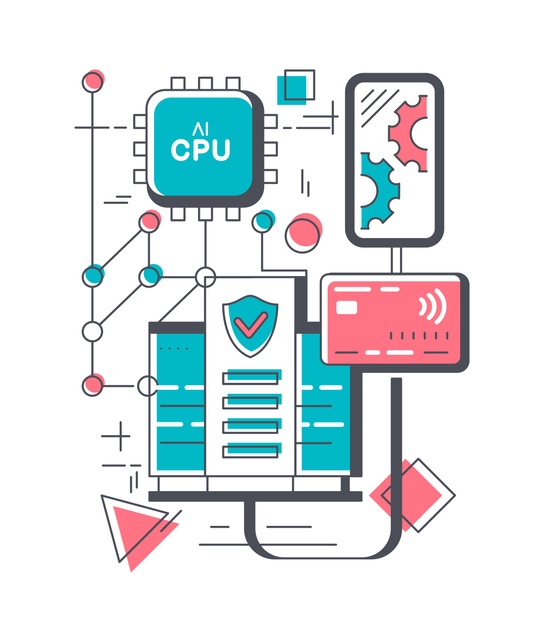Best Tools for Managing Payments for Lawyers

Lawyers and law firms have incredibly complex and unique billing needs. Whether you are a solo practitioner or run a large firm with several locations, you must have a way to track and allocate time to clients, account for retainers, and juggle a variety of billing options and rates. To make matters even more complicated, compliance with strict ethical and legal requirements is a must. Thankfully, technology has made these tasks much easier for busy lawyers.
Why Does a Law Firm Need Payment Management Tools?
Payment management tools can do a lot for your practice. In fact, they may do more than you had hoped for or imagined. Legal billing software and its various tools can eliminate stress, help ensure legal and ethical compliance, save time, and allow you to claim more billable hours. These cloud-based solutions will enable you to log hours and manage cases, including their billing, from anywhere. Accepting payments online through a secure platform provides convenience, security, and time savings for you and your clients.
What Payment Management Tools Should a Law Firm Seek in Legal Billing Software?
Dozens of law firm/legal payment management software programs are available on the market. It can all feel a bit overwhelming if you’ve never used one before or are looking to switch programs. However, every law firm wants to use some essential payment management tools with their selected software. Taking the time to explore your options in payment management tools can help you narrow down the type of software that would provide the most significant benefit to your legal practice. Here are some of the tools that law firms find to be the most useful.
Payment Acceptance and Invoicing
At its most basic level, your software should be able to accept and securely process credit card, debit, or eCheck payments. You want your clients to trust making an online payment and make it convenient. You may also want it to have the ability to collect and store your clients’ payment information upfront so that payments are automatic. This can eliminate unpaid invoices and the need for payment reminders. Some systems can also link directly to your bank account, depositing the funds for you as soon as they are received. Automated billing is another convenient feature that sends out invoices on a chosen schedule based on billable hours and expenses
Compatibility and Integration
Whatever payment management system you decide to use, be sure that it’s compatible with the technology you and anyone else who will need to have access to its uses, such as with PCs and Android as well as iOS and Macs. If the individuals who need to use it can’t access it on their various computers and devices, it won’t provide the convenience you strive for. You may also want the ease of using a mobile app on the go and offline/online capabilities.
Many have integration capabilities with QuickBooks, Microsoft 365, and other accounting or banking programs. Integration saves you from entering the same data twice and helps prevent errors.
Options for Billing Formats and Advanced Reporting
Having various billing format options, including Chubbs, Litigation Advisor, LEDES 2000, 1998B, and 1998BI available for use can come in handy. Additionally, payment software that offers advanced reporting tools can save you time and hassle.
Payment Processing Software Examples
Legal billing software ensures law firms are compensated for their time and effort. Dozens of billing systems tailored to the legal profession integrate elements like time tracking, invoicing, and accounting. Here are the top four recommended payment processing systems that include many of the tools previously mentioned:
TimeSolv
- Rated best for small to medium-sized firms
- Great for firms that regularly produce a wide variety of invoices
- Includes project management tools
- Competitive pricing
- Stores client payment information
MyCase
- Several billing options: contingency, hourly, flat fee, a mix of an hourly and flat fee, or pro bono
- LEDES billing capability with the appropriate UTBMS task and expense codes
- Accepts flexible payments via eCheck or credit card
- Track your billable hours using multiple timers to switch between cases
ClioManage
- Best all-around option for solo practitioners and firms of all sizes
- Includes billing templates so users can send out branded invoices
- Suitable for a wide range of practice areas, including personal injury law and intellectual property law
- Accounting features included
Rocket Matter
- Hands-off automated billing
- Works for firms of all sizes
- Highly customizable
- Advanced reporting
- Shown to increase revenue by 20 percent
Should Your Law Firm Invest in Payment Management Software?
Depending on the type of payment management software tools you need, getting the software is an investment for your firm. However, it will save you much stress, hours of work, and even money in the long run. An automated billing system that can take payments and has additional benefits reduces the time and attention required by your staff to receive payments from clients. It won’t take long before using such a system pays for itself.









